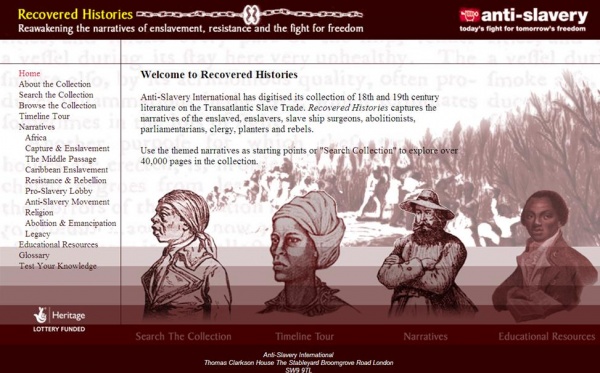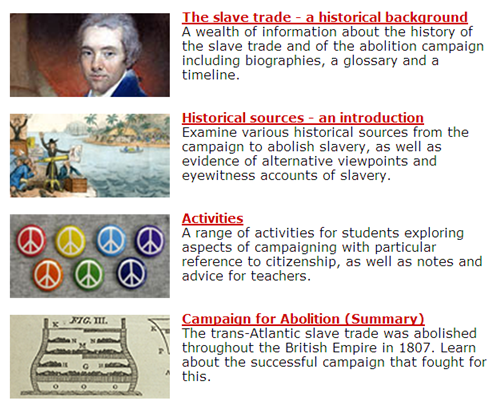Pupils – In this unit (NQ5) your teachers can choose from a range of ‘contexts’ covering medieval, early modern and modern history. All contexts build upon the knowledge you have already secured at third and fourth level experiences and outcomes:
- I can evaluate conflicting sources of evidence to sustain a line of argument. SOC 4-01a
- I have developed a sense of my heritage and identity as a British, European or global citizen and can present arguments about the importance of respecting the heritage and identity of others. SOC 4-02a
- By studying groups in past societies who experienced inequality, I can explain the reasons for the inequality and evaluate how groups or individuals addressed it. SOC 4-04a
- I can make reasoned judgements about how the exercise of power affects the rights and responsibilities of citizens by comparing a more democratic and a less democratic society. SOC 4-04c
- I can present supported conclusions about the social, political and economic impacts of a technological change in the past. SOC 4-05a
- I have investigated a meeting of cultures in the past and can analyse the impact on the societies involved. SOC 4-05c
- I can assess the impact for those involved in a specific instance of the expansion of power and influence in the past. SOC 4-06d
Remember – the new Curriculum for Excellence aims to provide you with increased ‘personalisation’ and ‘choice’ in your learning. You should therefore think about setting your own learning objectives; assess the extent of your existing knowledge and reflect upon your progress at regular intervals throughout the academic year.
In other words, take responsibility for your own learning! 😀
To achieve success at History NQ5 it’s crucial that you be clear on what is expected of you and how to achieve this. Speak to your teacher if you are in any doubt.
BHS Library, July 2013
Added Value Unit
Pupils will also undertake an ‘Added Value’ unit. This is where pupils will prepare an essay (of a approximately 1000 words) on one area that they have studied. Pupils who are sitting National 4 will have their essays internally assessed whereas National 5 pupils will have to repeat the essay in exam conditions and this response will be marked by the SQA.
Assessment
Internal Assessment
Pupils will undertake a Unit Assessment for each topic. Pupils will get two attempts to pass the assessment. Pupils must pass the assessments to sit the final exam (National 5 is the only level to have an external exam) or to achieve and award at the end of the year .
External Exam
National 5 is the only level to have an external exam. Pupil will have 1 hour 45 to complete questions on all three topics studied. Pupils will also have to sit the ‘Added Value Unit’ exam, which is worth approximately 30% of their final grade. Pupils will however have to pass all National 5 Unit Assessments to qualify to sit the final exam. Pupils will be graded from A-D.
National 4 has NO external exam. Pupils will however have to pass all National 4 Unit Assessments as well as the ‘Added Value’ unit to gain an award. Pupils will receive a pass or fail for the year.
If you have any questions please do not hesitate to contact Mr Coates and/or Mr Kelly.
The Atlantic Slave Trade, 1770-1807 [mandatory content]
Transatlantic Slave Trade Resources from the USI:
Themes
Africa before the Transatlantic Slave Trade
Atlantic Crossing
The Campaign for Abolition
Diaspora
EmancipationEurope before Transatlantic Slavery
Legacies
Plantation Life
Resistance and Rebellion
Trade and Commerce
Case studies
Apartheid
Colonisation
First hand accounts
France
Portugal
Slave Forts on the African Coast
Spain
Stephen Lawrence
The Human Zoo
The Lost Libraries of Timbuktu
The Netherlands
The Windrush Generation
Haiti
Nanny of the Maroons
Njinga Mbande
Tacky’s Rebellion
Campaign for Abolition
2007 marked the 200th anniversary of the abolition of British involvement in the slave trade. However, the campaign which led to this abolition began as early as 1787. This resource allows you to explore a range of sources from the entire campaign – you will be able to look at minutes from the meetings of the Abolition Committee and to examine first hand, eye witness accounts of slavery.
It will become clear that the issues of equality, justice and tolerance raised and explored by the resources are just as relevant today as they were two centuries ago. You might feel that the need for campaigns is also just as great. This resource therefore also outlines a series of activities that investigate what made the Abolition campaign so successful and what still makes a successful campaign today.
©British Library, 2013

Transatlantic Slave Trade
Anti-Slavery International has digitised its collection of 18th and 19th century literature on the Transatlantic Slave Trade. Recovered Histories captures the narratives of the enslaved, enslavers, slave ship surgeons, abolitionists, parliamentarians, clergy, planters and rebels.
Use the themed narratives as starting points or “Search Collection” to explore over 40,000 pages in the collection.
Anti-Slavery Internation, ©2013


